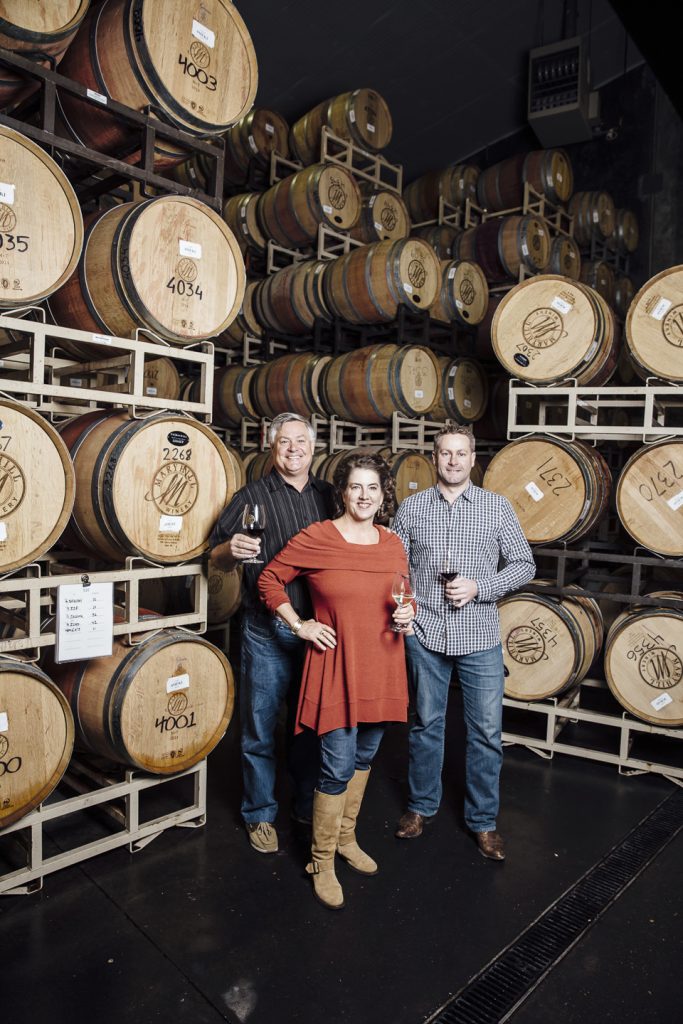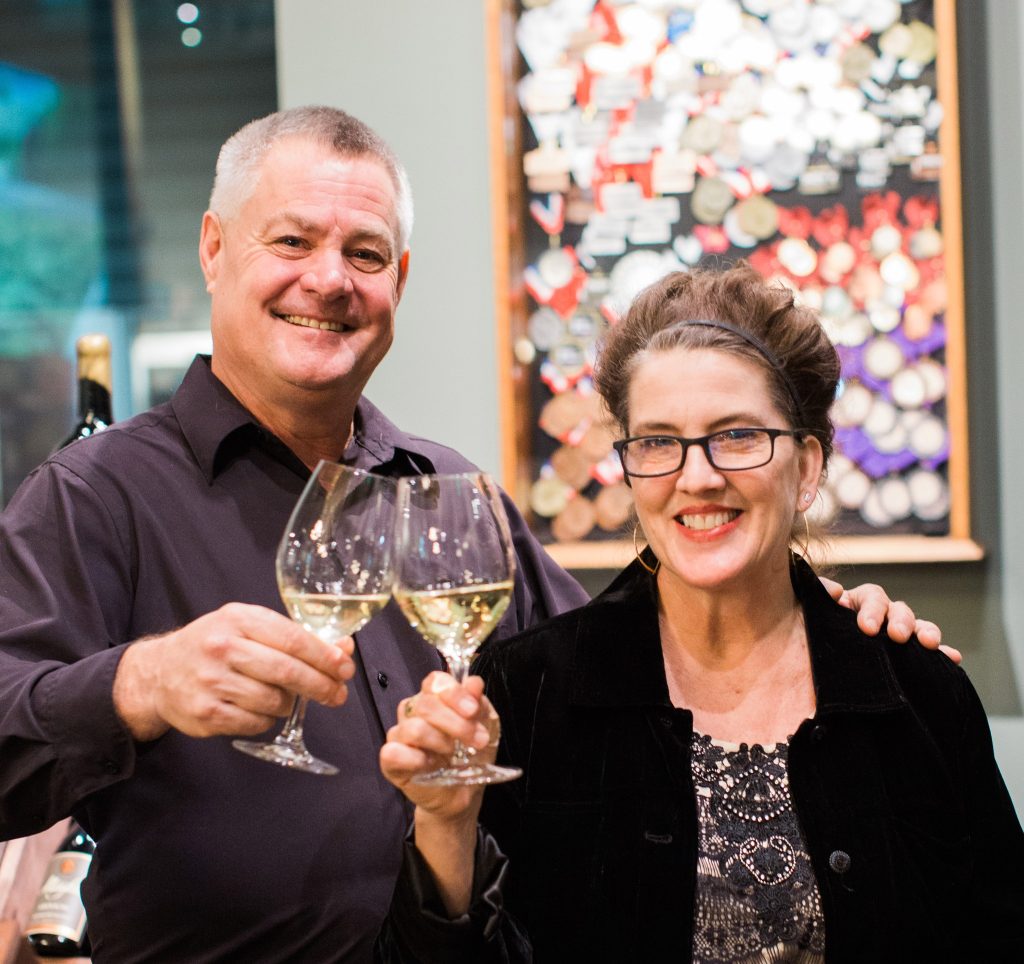Craig and Vicki Leuthold launched Maryhill Winery in 1999 and have grown it into the 10th largest wine producer in Washington state with more than 100 FTE employees and $15 million in annual revenue. In addition to their Goldendale-based headquarters, the Leutholds operate three urban tasting rooms in Woodinvale, Spokane and Vancouver, Washington. The tasting rooms are an important revenue stream with sales also coming from wine club members and wholesale distribution to groceries, restaurants and other retail outlets.
Yet the wine industry is going through tremendous changes, due to economic uncertainty and demographic shifts, Craig explains. For example, Baby Boomers, who dominated wine consumption for many years, are now imbibing less, and younger generations gravitate to other beverages, such as craft cocktails and beers. What’s more, the explosion of online marketing venues presents new challenges as Maryhill Winery seeks to maximize its marketing dollars, attract new customers and expand business with existing ones. With that in mind, Craig entered the Thrive! program, which is offered by the Washington State Department of Commerce.
In his Thrive! engagement, Craig worked with specialists from the Edward Lowe Foundation’s System for Integrated Growth (SIG). Using data from Maryhill’s database, an expert in geographic information systems (GIS) first created a map to show where existing customers lived in proximity to the company’s winery and tasting rooms. He then determined demographic and psychographic profiles of those customers, which could be leveraged to attract consumers in other areas with similar demographics and interests.

“To be able to look at a map and see the exact concentration of where our customers are in each location was really helpful,” Craig says. “It keeps us from marketing in areas where people are not going to drive to a tasting room or become members of our wine club.”
Next, a SIG branding specialist then shared ideas how the Leutholds could deploy the GIS data in online marketing efforts. She also analyzed Maryhill’s website for search-engine optimization and provided information about how consumers search for wineries and identified keywords for Maryhill to incorporate on its website.
As a result of the SIG engagement, Maryhill is reallocating its marketing spend and trying new tactics, such as:
- Sending a newsletter to its entire customer database.
- Including calls to action in all marketing efforts, rather than just disseminating information.
- Offering special promotions to top customers via a phone marketing campaign.
- Putting QR codes on wine cases that are sold in retail locations, offering a two-for-one promotion at one of Maryhill’s tasting rooms.
- Adding promotional tent cards in tasting rooms that offer a similar two-for-one promotion on future visits.
“Getting people into the tasting rooms is extremely important because this is where we ultimately build relationships and brand loyalty by talking about our wines and the benefits of joining our wine club,” Craig says.
Craig gives the Thrive! program a hearty thumbs-up and praises the SIG team’s level of professionalism. “The SIG specialists really understand the unique challenges that entrepreneurial businesses like ours face, which are quite different from large corporations,” he explains. “The Thrive! engagement super-charged me as to what we needed to do to move forward — and gave us new insights on how we needed to look at our business.”
Published May 26, 2024
